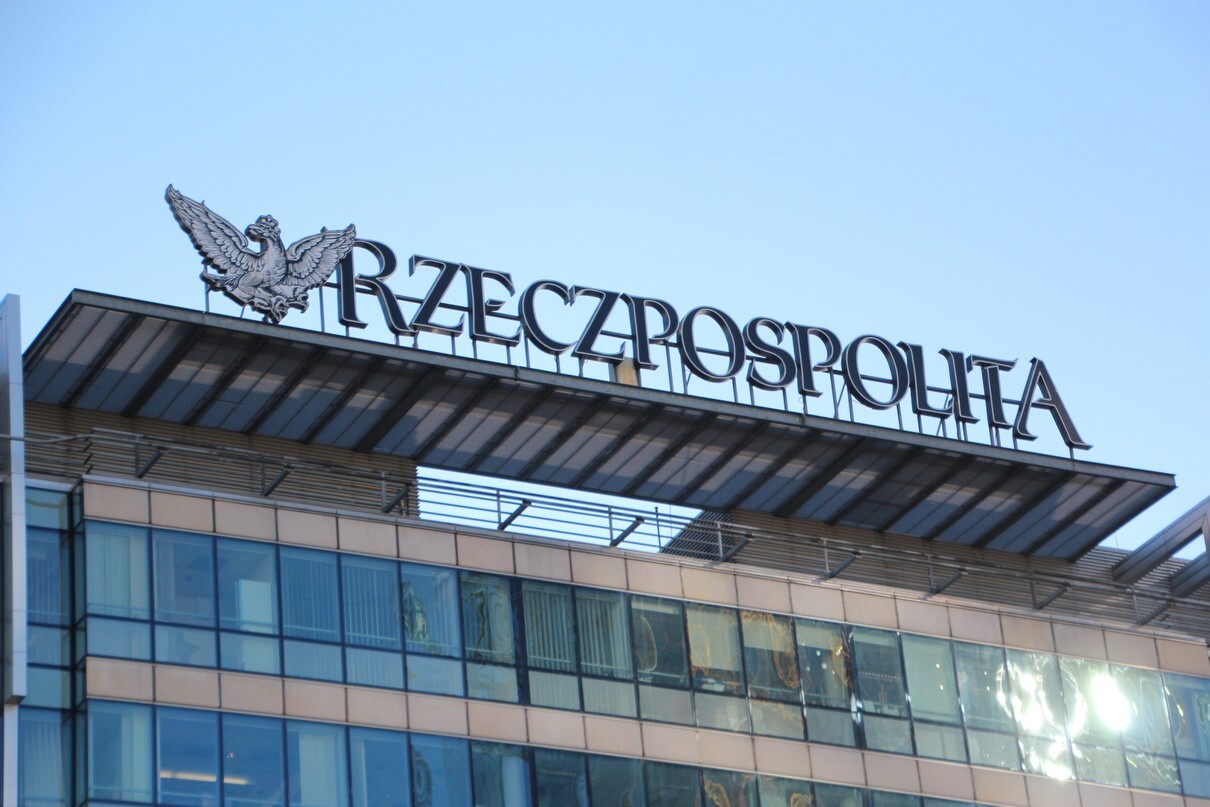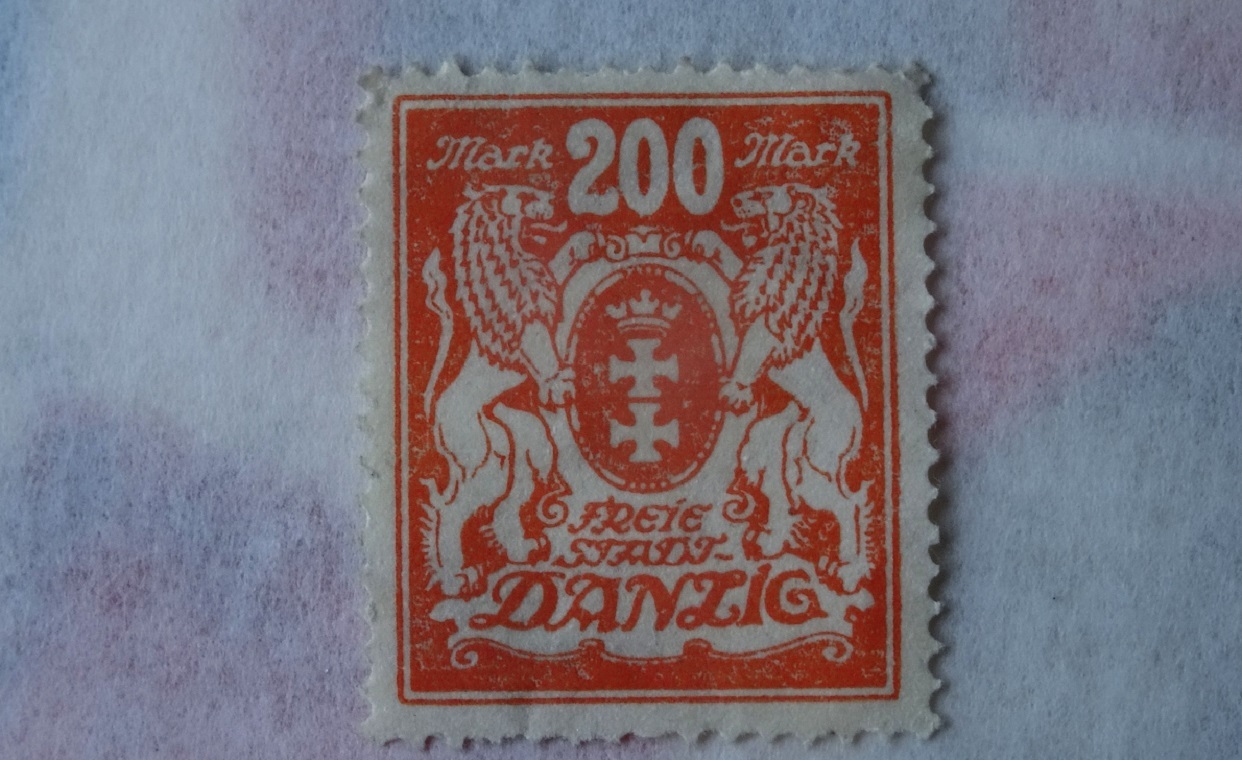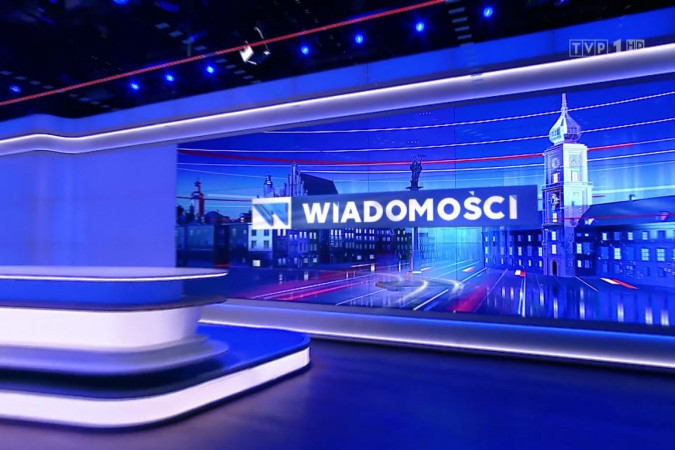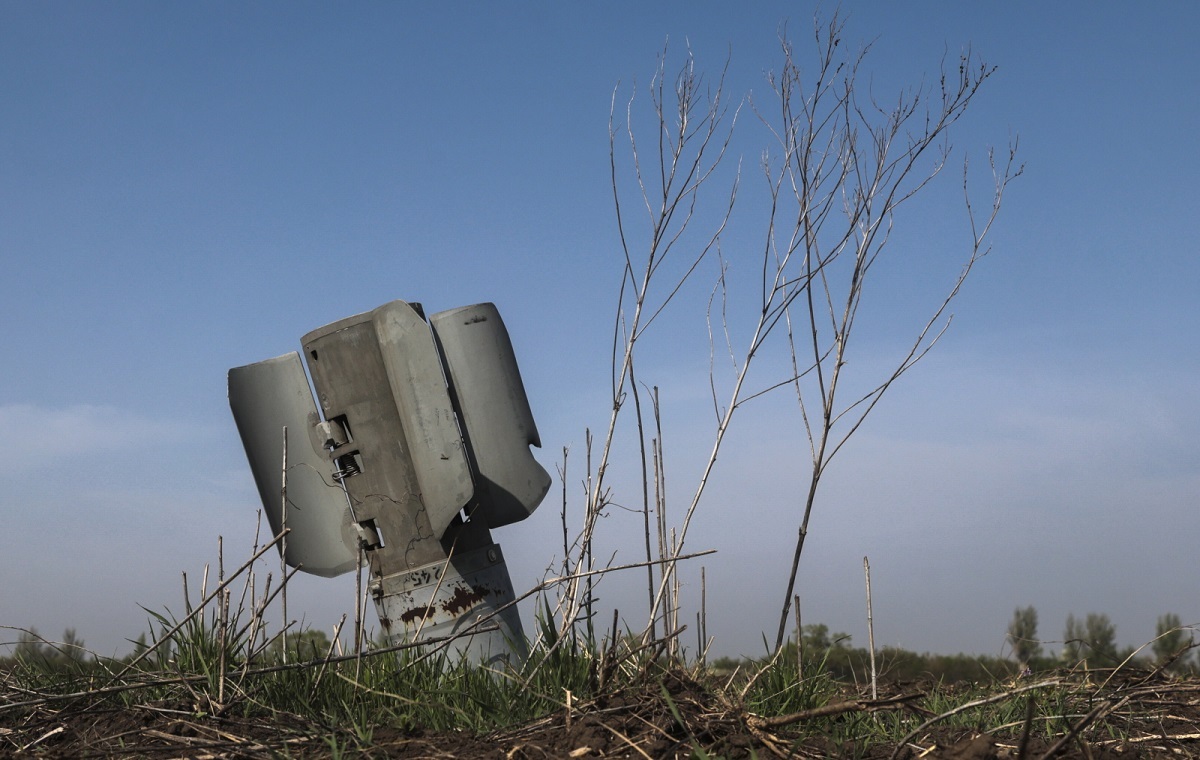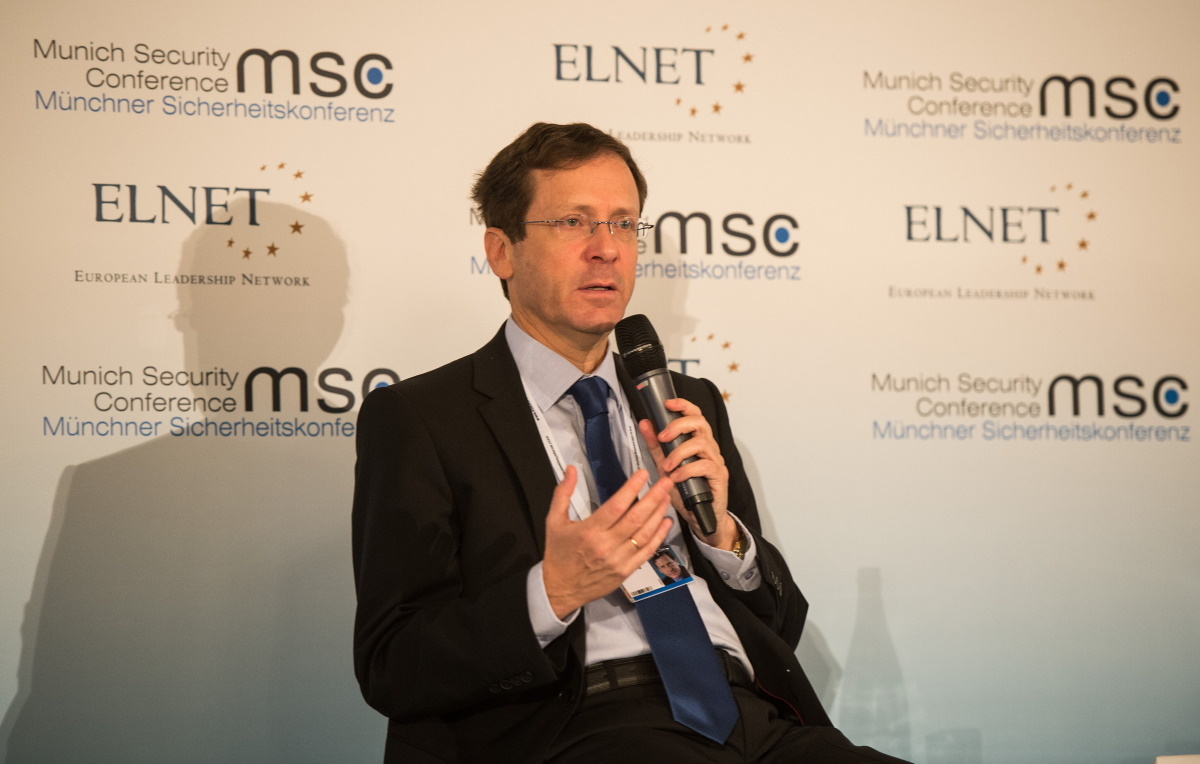I don’t know which was sadder – the fact that the editor-in-chief of a Polish daily that is taken seriously sees nothing wrong with blaming Poles for shared responsibility for the Holocaust, or that he singled out Monika Olejnik, the antithesis of journalism, as an example. The head of “Rzeczpospolita” tries to nail us with his complexity, instills a postcolonial mentality and insists that his everyday life is a medium that falsifies history and the present.
Bogusław Chrabota in the May issue of “Rz” is sad because “sultry spring is here”. He waited for it “with the hope that it would bring a ray of comfort”, but instead he saw “self-driven hatred, everyone’s rancor about everything, against everyone.”
He should have written about all of them, but only mentioned the alleged hatred of Monika Olejnik. Then I move on to the tvN star’s revolutionary defense in the context of her conversation with Barbara Engelking. Conversation, in which the professor freely slanders the Poles by putting forward the thesis about the alleged racketeering that was widespread during the war. The oiler did not respond. There was thunder on TVN, the Minister of Education and Science, the chairman of the National Broadcasting Council, the President of the National Memorial Institute, the Prime Minister stepped in, and the notice was handed over to the prosecutor’s office. State institutions reacted accordingly, as did many ordinary citizens. An event has occurred that can only be cursed.
But that’s not why the Polish Third Republic’s pathological media system appointed many officials dedicated to letting go of such issues. After all, Poland was one of the dwarven pseudo-elite’s favorite objects of attack on the Vistula River.
When Chrabota had a choice between defending Poland and defending Monika Olejnik, he chose the latter. And by the way, he gave testimony about the humiliation that Poland was subjected to by its authorities in the 1990s:
By the way, then why, in the early 1990s, why did we understand this message so well, thanks to which it was possible to rebuild relations with the Jewish nation, at least in part, and why is it that today a new generation of oprichniks is so easily overthrowing the achievements of that time? The minister, otherwise with an academic degree, Czarnek, announced budget cuts for the Institute of Sociology of the Polish Academy of Sciences for the “Engelking lie”. The head of the National Board of Broadcasting, Maciej Świrski, began another senseless process, instructing Monika Olejnik that “if a program guest is lying, the journalist must tell the viewers it was a lie.” And who are you, Mr. Chairman, let me ask you that you dare to teach one of the most important figures of Polish journalism after 1989? What are your competencies? What achievements? And why can’t you respect the silence over the graves of the victims?
There are many conclusions from just this one paragraph.
-
What was the reconstruction of relations with Jews in the 1990s? About Kwasniewski’s unjustified apology to Jedwabne and Cimoszewicz for the Kielce pogrom? The fact that Polish authorities at the time sometimes put Israel’s interests ahead of Poland’s (the above example confirms this), was that what Chrabota meant by “reestablishing relations”?
-
How is this “accomplishment” denied today? By defending historical truth and the good name of the Polish people? Chrabota didn’t like the attitude of high-ranking Polish officials so much that he used terms from Russia’s darkest days in a very impudent way, just to insult the ministers?
-
Chrabota was taught journalism well by Bogdan Klich (he was his boss in the 1980s and 1990s), for today he adheres to a doctrine that allows a journalist to ignore the sordid lies (in this case directed at our nation) of his interlocutors.
-
At the same time, Chrabota demands some form of super-immunity for characters like Olejnik. They should not be criticized or lectured on. One can only listen, admire and slap with delight. The fact that the senior journalist from Wiertnicza was “one of the most important figures in Polish journalism after 1989” (and unfortunately he was) proves the worst thing about Polish journalism.
-
Let the Chrabota editor open the Constitution to Chapter IX and the Broadcasting Act to Chapter 8, he will find out what the National Broadcasting Council is, what powers, duties and powers it has, and then he will understand who Mr. Świrski has to talk to about the Olejnik issue and to begin with a nonsensical, but mandatory in this case, process.
-
What is the silence over the grave? In recent years, the anniversary of the outbreak of the ghetto uprising has become an opportunity for some in the Israeli media and many of Poland’s enemies in Poland to deepen the process of blaming Jews for the Holocaust in Poland, and making the Jewish nation the sole victim of World War II. The story is getting distorted. Should we not react?
-
Nobody attacks Jews in Poland. Anti-Semitism is a marginal phenomenon (as opposed to, for example, our western neighbours). No Israeli traveler has ever experienced discomfort in Poland. The Polish authorities generously supported the Jewish monument. Public (and private) media popularize Jewish culture. The organization that fosters the memory of Polish Jews operates freely (and is subsidized by the state). It has just begun as it should (and events such as the agreement between the two MFAs on youth travel, which we write about in the current issue of the weekly “Sieci”, are another element of this).
-
Why should we beat our breasts and endlessly apologize to the Jews for not being our fault? Should we demand gestures of reconciliation and requests for pardon, for example, for the band of repressors in the security apparatus, law enforcement agencies and judiciary of the Stalinist period of the Polish People’s Republic?
-
Why is it not surprising to Chrabota editors that tours from Israel often miss even the Polin Museum, because they dislike the fact that it shows not only the interwar and World War II periods, but also the entire thousand years of coexistence between Jews and Poles in our lands?
-
Why doesn’t this eminent editor of “Rzeczpospolita” try to straighten out the lies about the Damned, which are spread by Jews (media in Israel, lobbyists, extreme politicians from Tel Aviv, some historians, etc.), recently for example on the occasion of a list of 33 museums , where Israel will choose one for the Jewish youth to visit?
-
Why would the editor-in-chief of a newspaper who wants to be seen as opinion-forming and reliable agrees to falsify Polish history and denigrate the attitudes of his own people, coupled with a campaign from abroad?
-
There is also good news. The fact that Chrabota’s Saturday text has gone largely unnoticed shows what position he and the “Rzeczpospolita” currently have.

“Reader. Future teen idol. Falls down a lot. Amateur communicator. Incurable student.”

